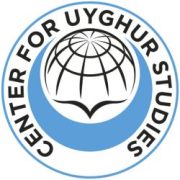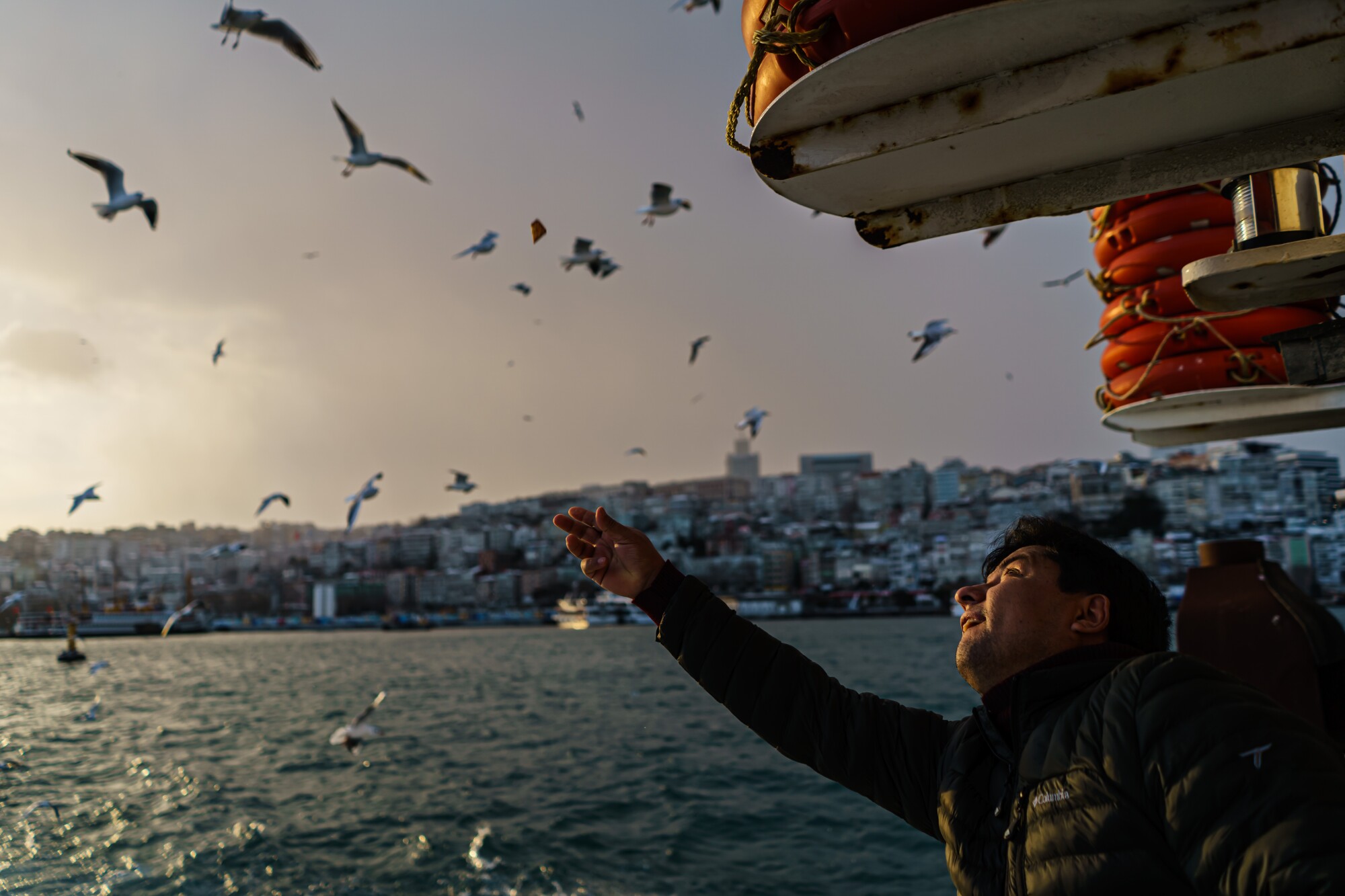Surely his son would know his voice, Abdurahman Tohti thought.
But the answer that came over the phone nearly crushed him.
“I have no father,” the boy replied in Mandarin, not in Uyghur, his mother tongue.
“The Chinese government trained him like that,” said Tohti. “It’s a feeling I cannot describe.”
The boy was only 2 in 2016, when he left Turkey with his mother and grandmother to visit their homeland in China’s Xinjiang Uyghur Autonomous Region. Mass arrests began while the child was there. More than a million Uyghurs, Kazakhs and other mostly Muslim minorities were forced into indoctrination camps. Tohti, who had been living and working in Istanbul since he left China years earlier, lost contact with his entire family.
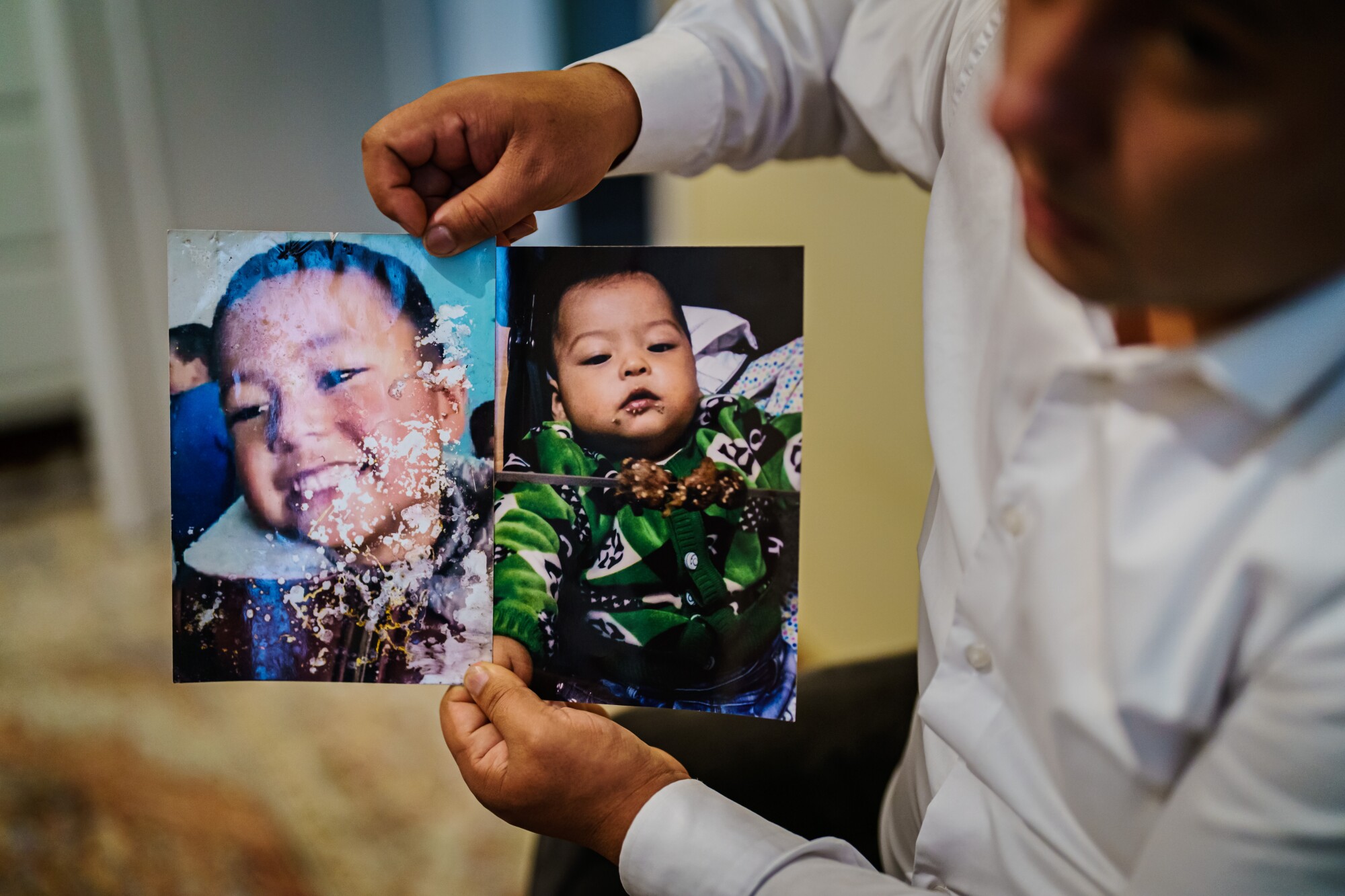
Five years after China began the campaign of mass incarceration, cultural erasure and coercive labor, most Uyghurs abroad remain cut off from their families. Many kept quiet through the first years of the camps, afraid that contacting their loved ones would draw fresh persecution. But Uyghur exiles have since grown bolder — staging protests and filing legal complaints — in calling attention to their people’s plight and taking a stand against repression.
Now, as the world’s gaze turns to Beijing for the Winter Olympics, Uyghurs, along with Tibetans, Hong Kongers and Chinese human rights advocates, are calling for governments to boycott the Games and athletes to speak out against the Communist Party. More than 240 international nongovernmental organizations, many of them human rights groups, issued a statement last week urging governments, athletes and sponsors to not legitimize China’s abuses.
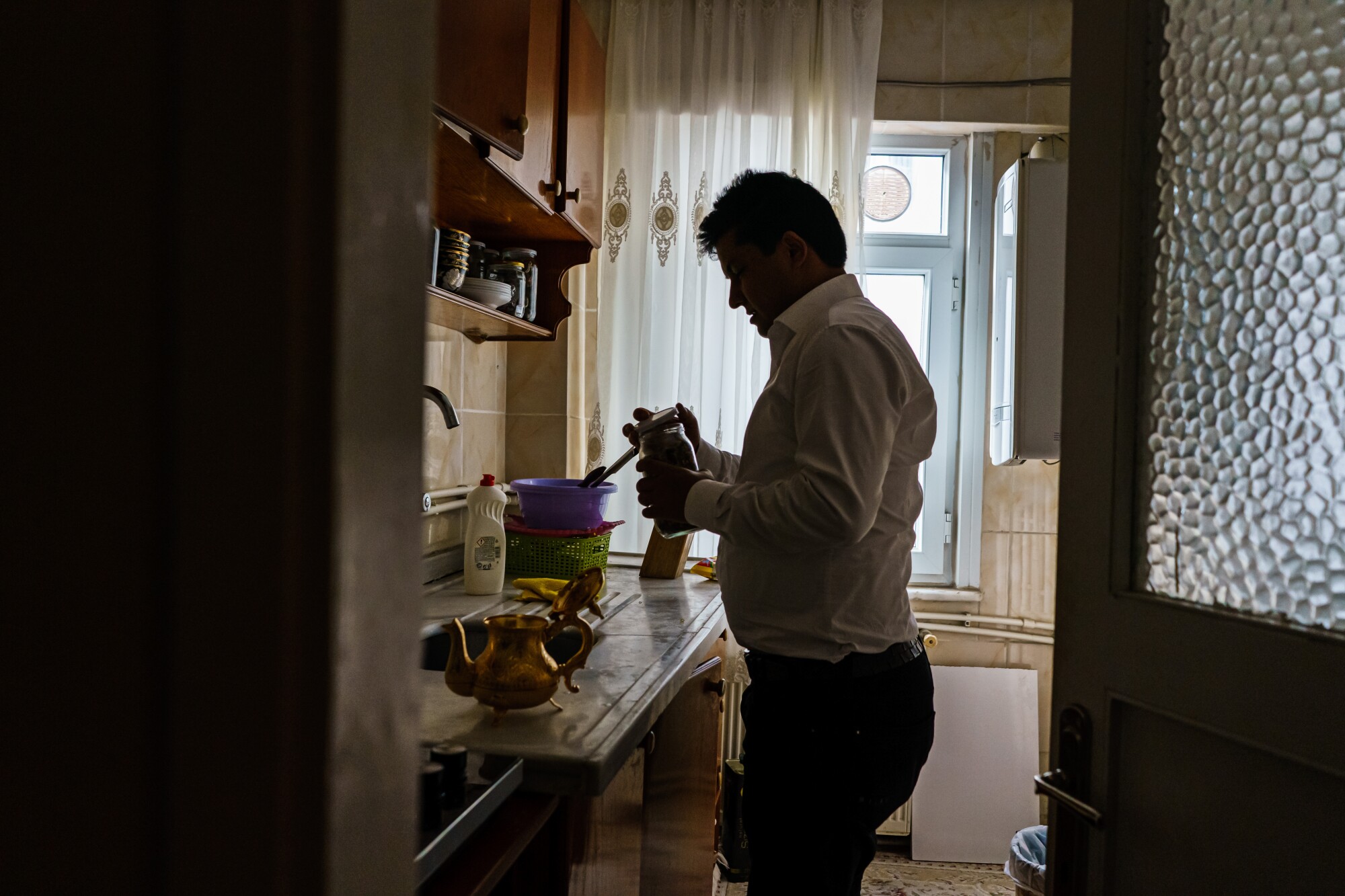
Tohti hopes the groups succeed. He cannot bear that his boy, Abdulaziz, has lost the language of his people. He first learned of it in 2019 when he spotted Abdulaziz in an online video on Douyin, the Chinese version of TikTok. The child was shouting patriotic answers in Mandarin to questions posed by a stranger: What was the name of his homeland? The People’s Republic of China! What was the homeland’s flag? Red flag with five stars!
“We did these things secretly, but we never thought about why. Why does it have to be secret?” said Ali, 22, who moved to Istanbul in 2015 and is now a third-year nursing student in university. “My parents knew, but they never spoke about it…. Once you speak, your family is destroyed.”
In 2016, Ali’s parents came to visit her in Istanbul. They took selfies, ate ice cream, went to see the Blue Mosque. Her dad, a clothing trader who’d opened his own factory in Xinjiang, had always spoiled her, Ali said, sneaking her treats and taking her out for burgers. Ali told her father on the visit that she wanted to become a nurse like her mother. He replied: “Study hard, and when you finish college, I will buy you anything,” he said. “What do you want?”
She never got a chance to answer.
After Ali’s parents returned to Xinjiang, their passports were confiscated. In 2017, they told Ali and her older sister, who was also abroad, to not contact them. Then all of Ali’s relatives started deleting her from WeChat. She reached a family friend later that year who said her father was in “training.” In 2019, she heard that he had finished and was now “working.” Two years later, she heard he was in “training” again.
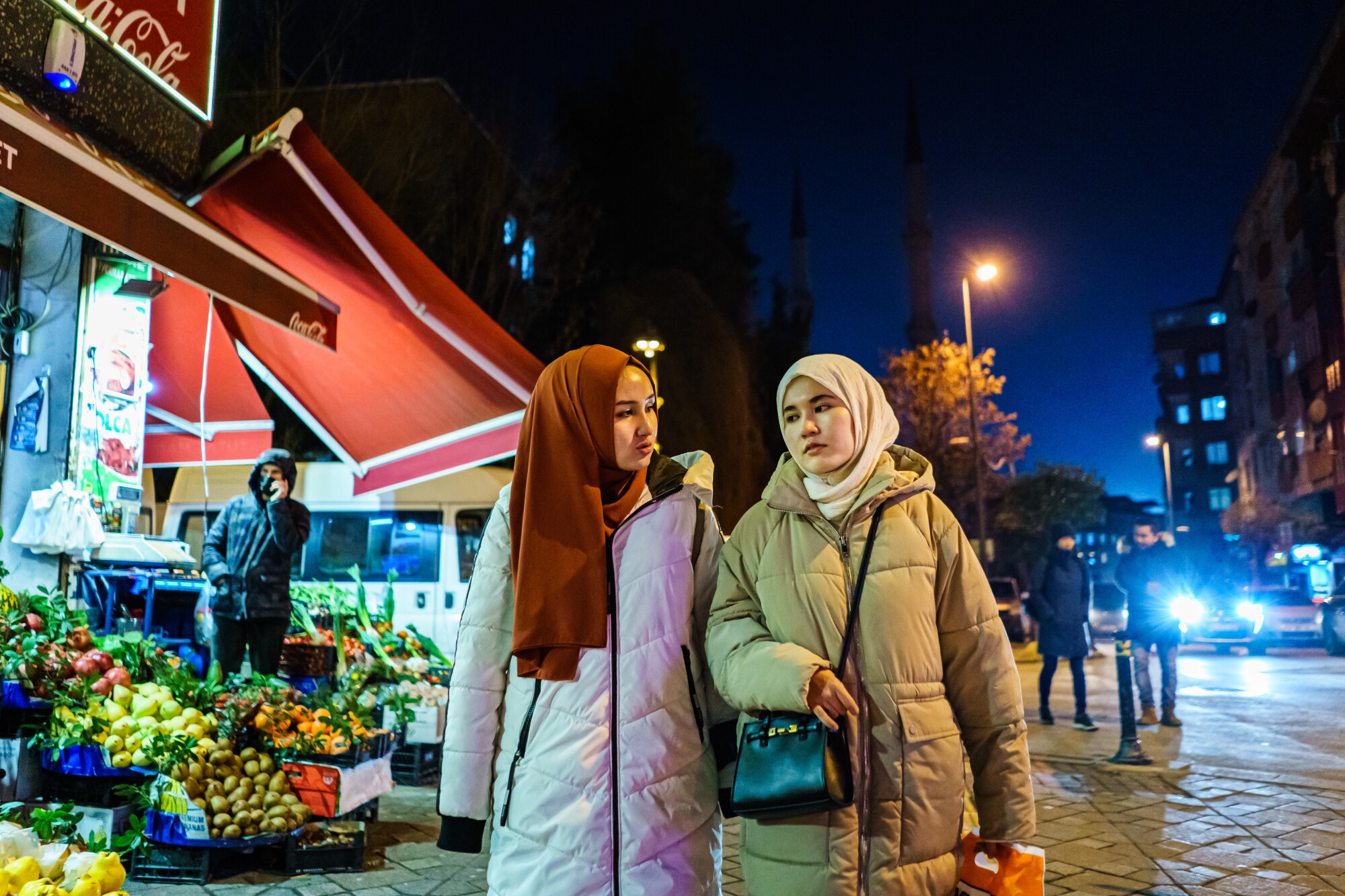
It was as if her family in China had vanished into a parallel world. Detentions were so widespread that every Uyghur whom Ali knew had lost someone. She and her sister at first blamed themselves for moving away from China, she said: “Is it because we came here? Is it because we stayed? Maybe if we didn’t come out, he would be free.”
She added: “My father has never done anything wrong, and we have never done anything wrong. Silence will not bring anything to us.”
The only way to protect her father, she said, was to speak out. She and Tohti are two of 19 Uyghurs who last month filed a criminal complaint with Istanbul’s chief prosecutor. They accused 112 Chinese officials, ranging from police officers to President Xi, of committing genocide, torture, rape and crimes against humanity.
The chances of bringing the officials to justice are slim, if not impossible. But there is hope, said Gulden Sonmez, a Turkish human rights lawyer working with the Uyghurs. The case draws on the principle of “universal jurisdiction,” which gives national courts authority to prosecute individuals, even foreigners, for serious crimes against international law.
The same principle was used by German courts last month to sentence Anwar Raslan, a former intelligence officer in Syria’s Assad government, to life imprisonment. Even if the Chinese officials were successfully convicted, though, Turkey would be unable to imprison them unless they were on Turkish soil — or if other countries agreed to coordinate a cross-border arrest through Interpol.
That seems unlikely given China’s growing global power and sway over much of the developing world, international institutions and Interpol itself, which Beijing has used in recent years to hunt down wanted citizens abroad — including Uyghurs. In July, Morocco arrested Idris Hasan, a Uyghur who had been living in Turkey, because of a “red notice” (a request to member states to arrest a fugitive) from China to Interpol.
Hasan had fled Turkey — where he was reportedly detained several times — for fear that he would be deported after Turkey signed an extradition agreement with China in 2020. Interpol dropped the red notice against him after advocacy by human rights groups, but a Moroccan court ruled in December that his extradition would proceed.
Egypt, Saudi Arabia and the United Arab Emirates, all countries in which China has invested heavily and that have signed letters supporting the government’s Xinjiang policy, have also deported Uyghurs at Beijing’s request. Many Uyghurs fled those countries for Turkey, where an estimated 50,000 Uyghurs — the largest concentration of the Uyghur diaspora — live, in part because of shared cultural roots.
They cluster in two Istanbul neighborhoods, Sefakoy and Zeytinburnu, where the sky-blue flag with a white crescent moon and star of East Turkestan hangs proudly in shop windows. Uyghur poetry spelled out in Arabic letters is displayed in restaurants that serve hand-pulled noodles and samsa, lamb-filled buns baked in tandoor ovens.
Chinese faces are viewed with suspicion unless they come with Uyghur friends. In 2020, a Uyghur man named Yusufjan Ahmet was shot on the streets near here after reportedly refusing to keep spying on fellow Uyghurs for China’s security services. He was preparing to give an interview to foreign media when he was attacked. He spent months in a hospital.
In the Teklimakan Uyghur Publishing House, a bookshop in Zeytinburnu, founder Abdujelil Turan recalled how generations of Uyghurs had settled in Istanbul, fleeing waves of persecution by the Chinese. Some came after Mao-era famine and the Cultural Revolution. Others arrived after 2009, when ethnic riots in Urumqi, Xinjiang’s capital, led to a security crackdown.
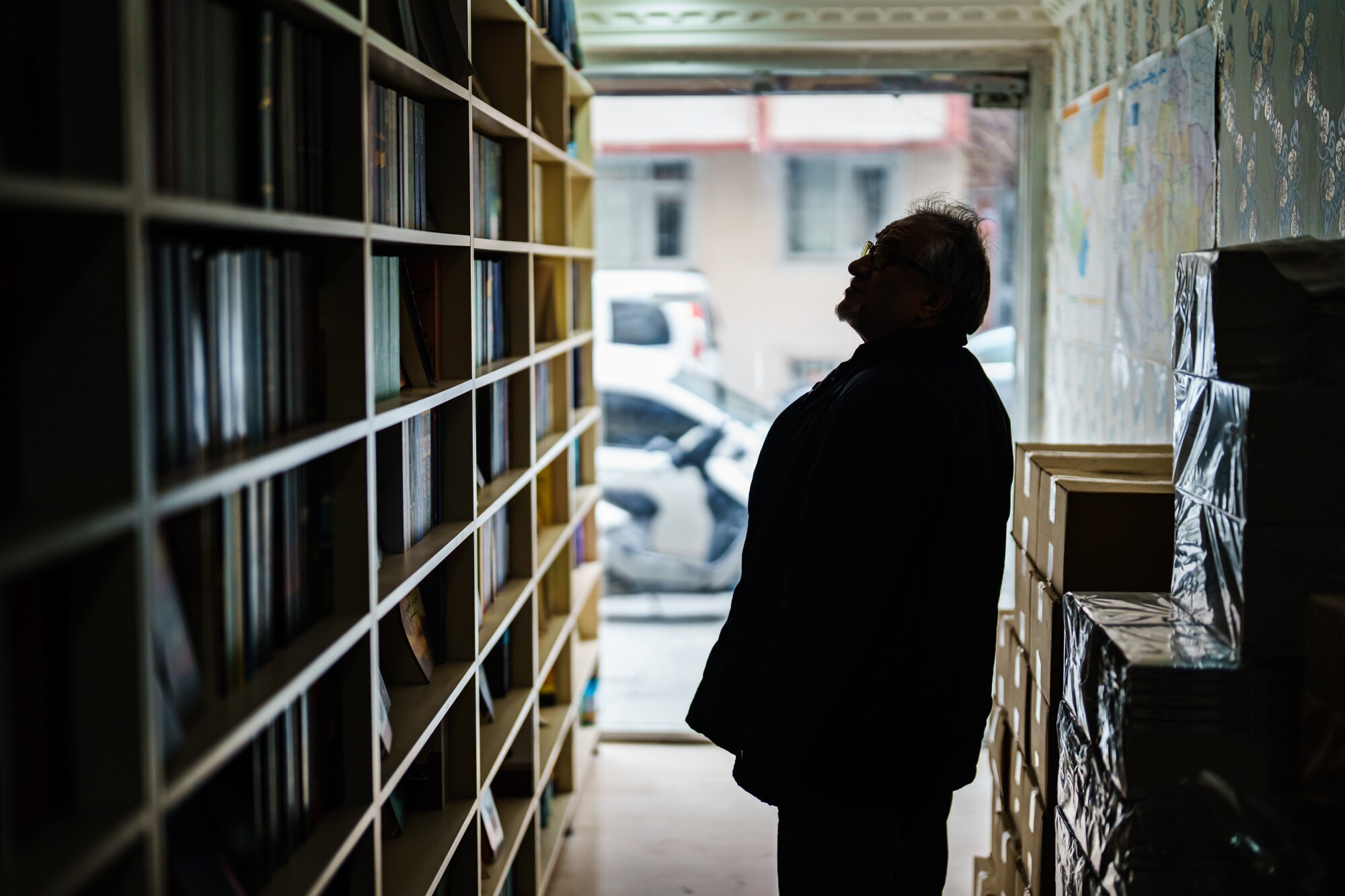

Turan has been in Turkey since 1987. He is now a citizen. Many of his father’s friends, he said, had served 10- to 15-year prison sentences in Xinjiang for reading religious books or Uyghur histories that contradicted China’s colonial narratives. The Chinese deported Turan once for bringing in banned books. He is working these days on a Uyghur Islamic encyclopedia to create a comprehensive record of Uyghur knowledge, faith and culture before they disappear.
“I lost hope a long time ago,” said Turan, 64, who has no contact with his family and doesn’t know if he’ll ever return to China. “Everyone yearns for their motherland. But I am trying to be realistic.”
Many, like him, wonder how long their refuge in Istanbul will last. With Turkey in economic crisis and China’s influence in the country growing, many Uyghurs fear they may lose their protection, especially those fighting publicly for their families in Xinjiang.
“I don’t feel safe here,” said Tohti, the father who saw his son, Abdulaziz, mouthing Chinese platitudes on social media. That moment prompted Tohti to make public the fate of his family. He posts videos, talks to reporters and for months campaigned daily in front of China’s consulate and embassy.
“Where is my family?” he demanded, alongside at first dozens, then hundreds and at times thousands of other Uyghurs asking the same question. In response, the Chinese Embassy in Turkey tweeted that the people “picking quarrels” in front of its doors were “liars” trying to “smear China’s image” and “destroy Sino-Turkish relations.”
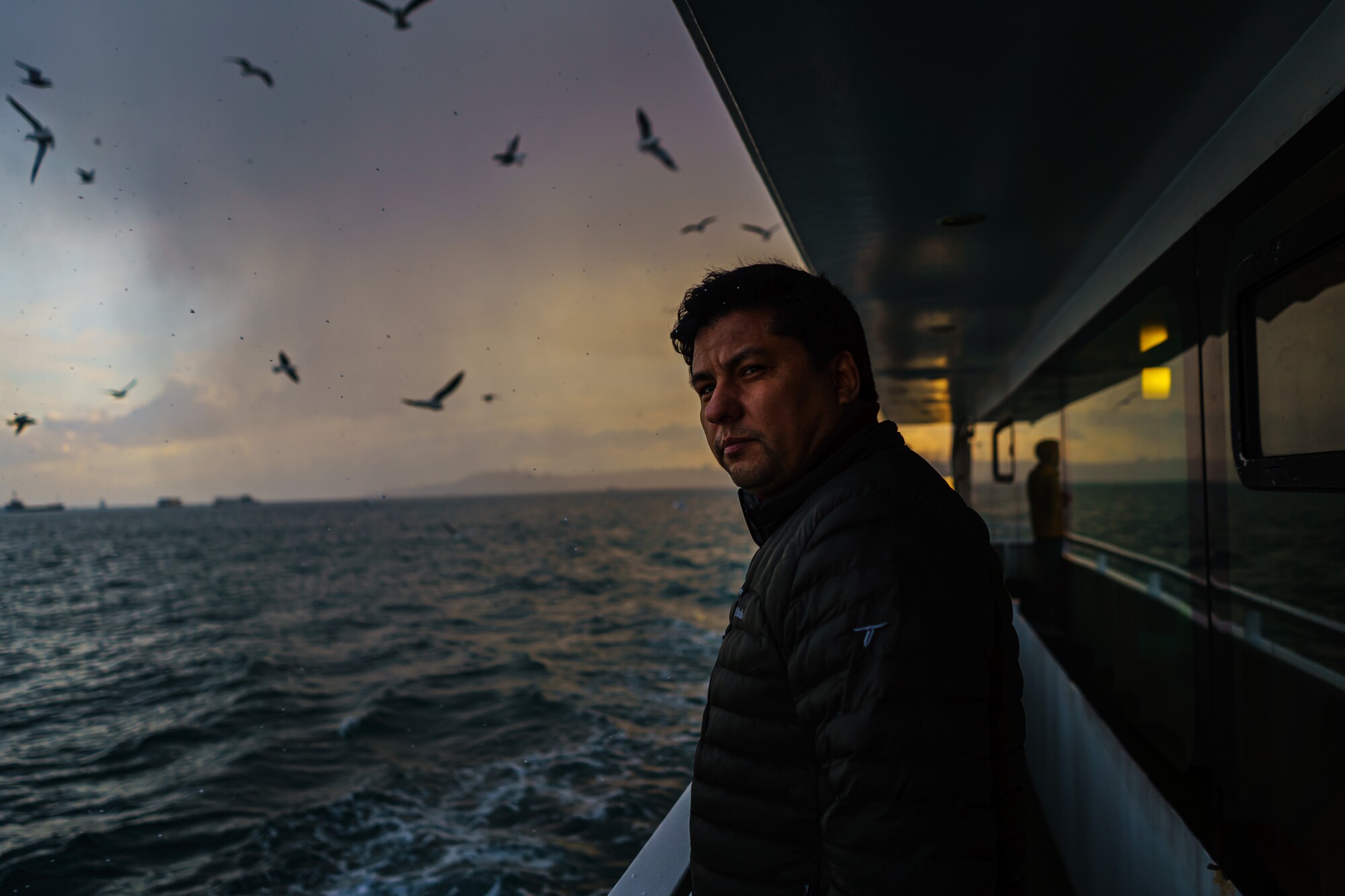
Uyghur protesters were once locked in their hotel for two days by Turkish police. The demonstrators said they were then followed around the capital, Ankara, for more than two weeks as they visited parliament members to advocate for Xinjiang. The Chinese Embassy in Turkey did not immediately respond to a request for comment.
Tohti has grown accustomed to harassment. One day in 2020, he received a call from a number he didn’t recognize. A Chinese man threatened him in Uyghur: “You could die in a car accident. You could disappear from your home. Be careful,” Tohti recalled.
He didn’t stop his campaign. “I have nothing to lose now,” he said.
Turkey recently rejected Tohti’s application for citizenship. The authorities accused him of fomenting “social disorder” with his protests, Tohti said. His Chinese passport will expire in one year. Tohti will then be stateless. He has arranged to give his apartment to another Uyghur couple.
“I want to go,” he said, though he doesn’t know where. He will bring nothing with him, except a stack of family photos he looks at before sleeping each night. He holds a printout of his boy as an infant, when he could say “Baba,” next to a screenshot of the Douyin video. It is worn and faded from touch, an image of the son who once loved him back, the one thing he can’t let go of.
Abdulmuqtedir Udun contributed to this story.
